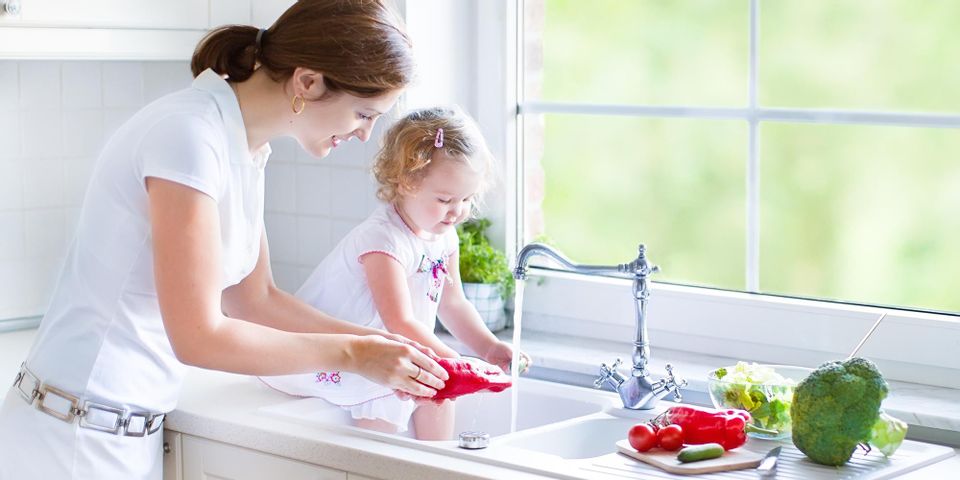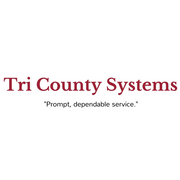3 Tips for Using a Garbage Disposal With a Septic System

While some states have regulations against combining septic systems with garbage disposals, it’s permitted in New York state. Whether your home has an existing garbage disposal or you'd like to install one, you need to be smart about how you use your garbage disposal to keep your septic tank running smoothly. Here’s what you need to know about using a garbage disposal when you have a septic tank.
A Homeowner’s Guide to Garbage Disposals & Septic Tanks
1. Be Careful
 Homeowners use garbage disposals to get rid of leftovers so they don’t cause unpleasant odors in the trash. But when you rely on a septic system, it's important not to treat your garbage disposal as a catch-all. Even when thoroughly chopped by the blades of your garbage disposal, food and bones take much longer to break down in a septic tank than toilet paper and human waste. Food collects at the bottom of the tank, contributes to clogs, and throws off the bacterial balance, reducing your system’s efficiency. While the union of a garbage disposal and septic tank isn’t ideal, it's possible to make it work if you're prudent. Oils, fats, and grease of any kind should never be put down the drain. Don’t put anything non-biodegradable or fibrous into your disposal, and limit your reliance upon it by composting organic materials instead.
Homeowners use garbage disposals to get rid of leftovers so they don’t cause unpleasant odors in the trash. But when you rely on a septic system, it's important not to treat your garbage disposal as a catch-all. Even when thoroughly chopped by the blades of your garbage disposal, food and bones take much longer to break down in a septic tank than toilet paper and human waste. Food collects at the bottom of the tank, contributes to clogs, and throws off the bacterial balance, reducing your system’s efficiency. While the union of a garbage disposal and septic tank isn’t ideal, it's possible to make it work if you're prudent. Oils, fats, and grease of any kind should never be put down the drain. Don’t put anything non-biodegradable or fibrous into your disposal, and limit your reliance upon it by composting organic materials instead.
2. Adjust Your Estimated Load
To keep your septic system running, it’s important to accurately measure the load your tank can process. Households usually choose the capacity of their septic tank based on the number of bedrooms in the home. Septic authorities agree that a garbage disposal unit is equivalent to one bedroom. Unless you’re under capacity or plan to get a larger tank, you shouldn't install a garbage disposal unit. Even if you get a larger septic tank to account for food waste, you'll still likely need to pump out your tank more frequently.
3. Talk to Your Septic Specialist
Because septic systems are vital to a functional home, it's worthwhile to talk to a professional before installing or using your garbage disposal. They'll help you determine if you need a larger septic tank and set a pumping schedule to keep your system functional. If you're ever unsure what’s safe to put down the drain, your septic specialist will be able to advise. While you might have heard that septic tank additives help break down food, many additives are actually harmful to septic tanks, so reach out to your septic expert for advice and recommendations.
Whether you need septic system installation, repair, or maintenance, contact the experts at Tri County Systems. Based in Rochester, NY, their dependable experts proudly provide clients in Monroe, Wayne, and Ontario counties with affordable service and top-notch support. This Better Business Bureau member handles jobs of all sizes promptly and efficiently. Learn more online or by calling (585) 467-2550 today.
About the Business
Have a question? Ask the experts!
Send your question

